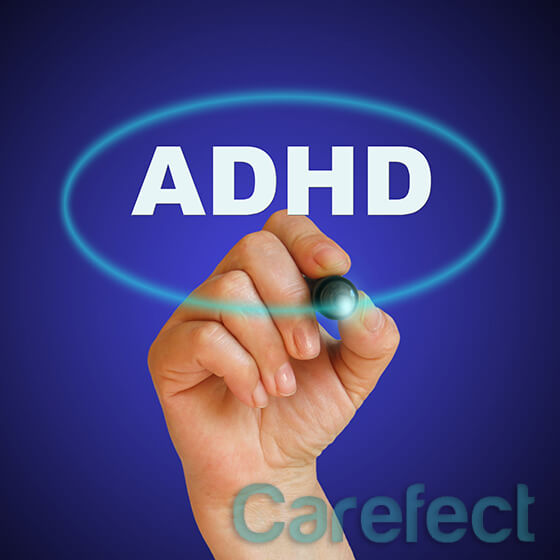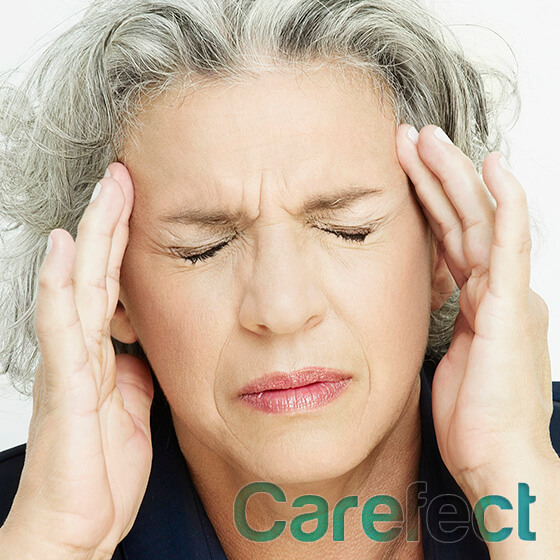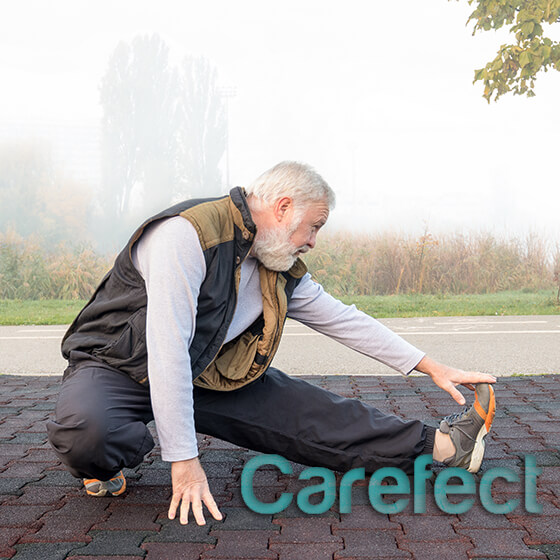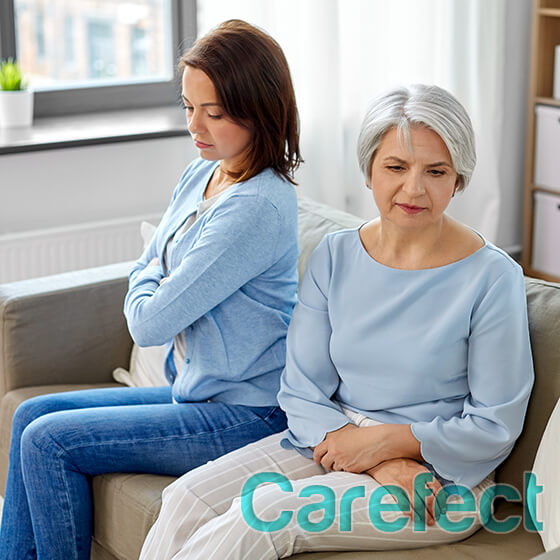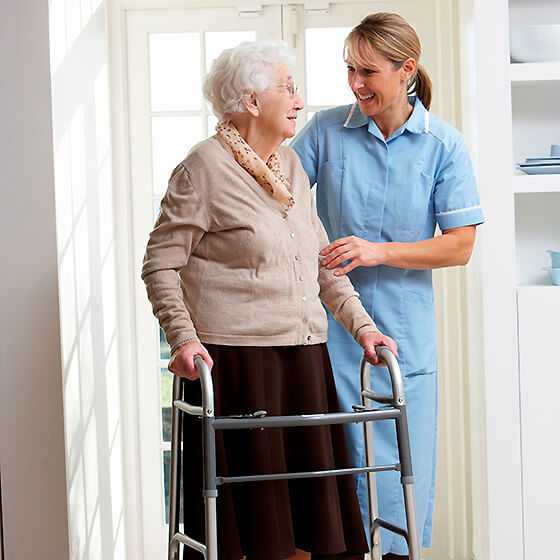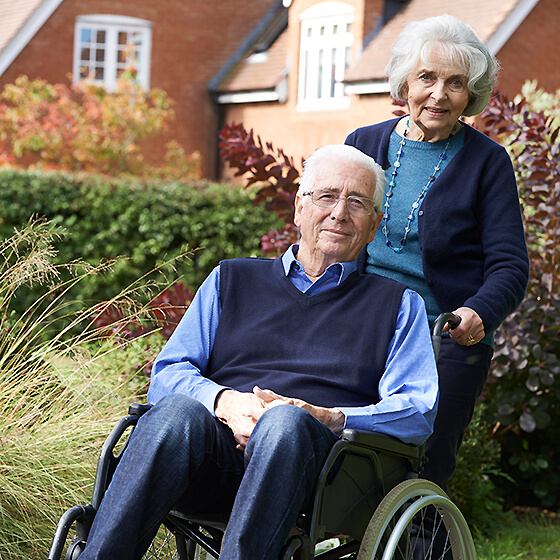ADHD in Seniors: Coping Strategies
Attention deficit hyperactive disorder (ADHD) is a condition in the brain that can affect every aspect of your life. Due to the executive dysfunction that is present in those with ADHD, daily tasks such as paying bills, getting to work on time, and remembering and completing the household chores can be an uphill battle. The symptoms of ADHD affect performance not only at work and in professional spaces but also in their personal life. Building and maintaining relationships both personal and professional can be challenging due to the impulsive nature...Read More
